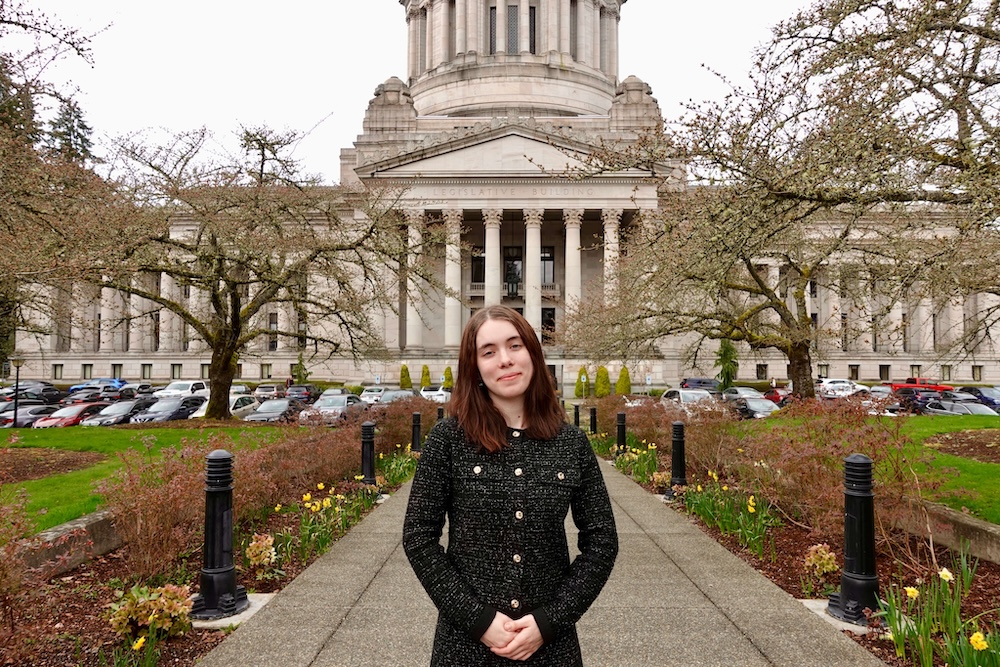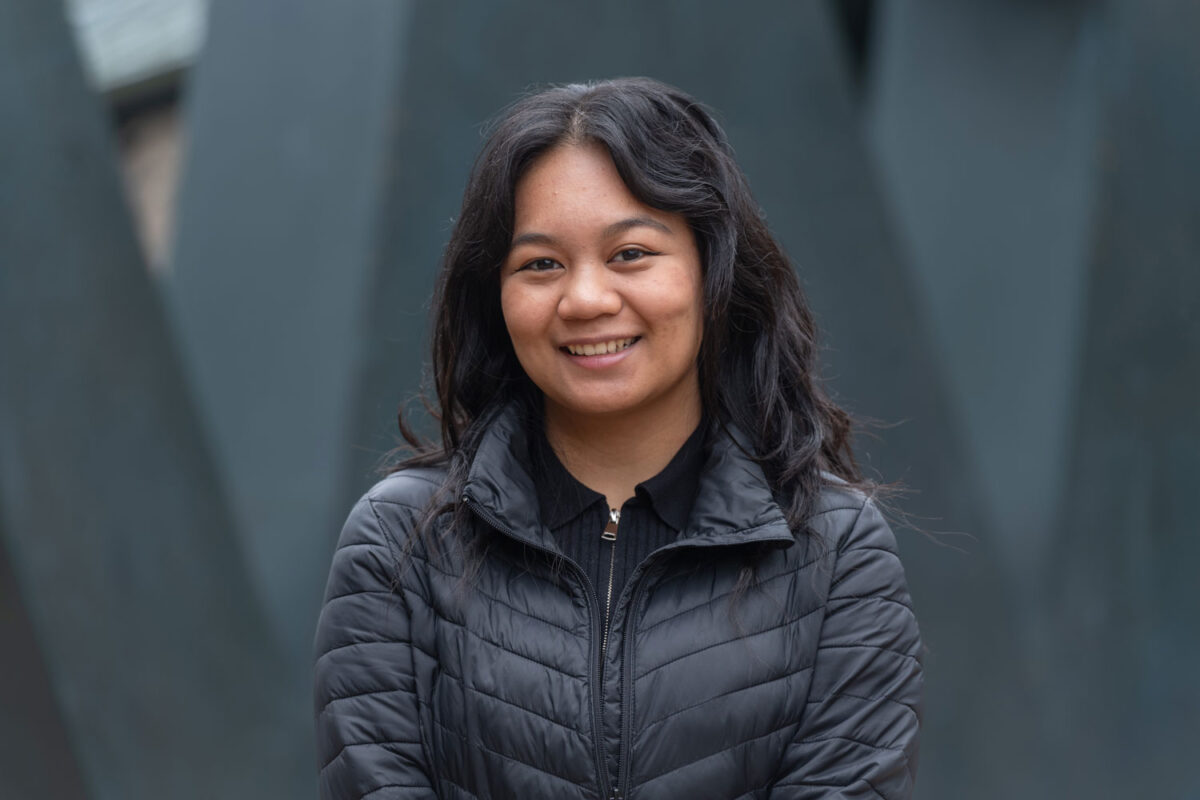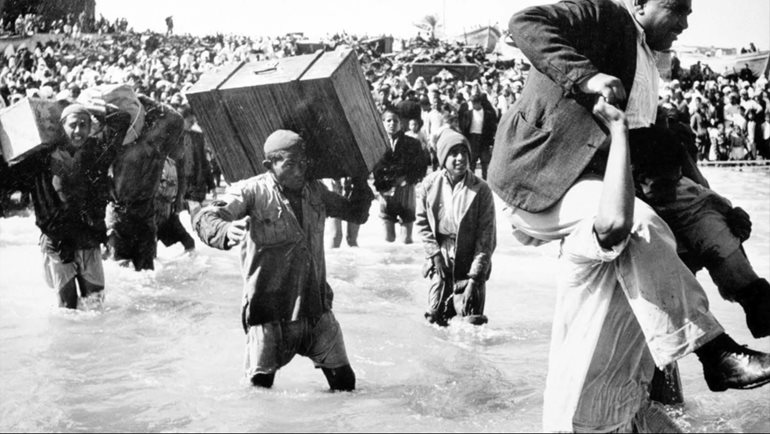
By Sean Park
The wars and invasions that led to the creation of Israel in 1948 displaced 700,000 Palestinians in an event they refer to as the Nakba — Arabic for “catastrophe” — and its legacy has not been resolved to this day. Laws passed by the first Israeli government prevent millions of Palestinians from entering their historic land.
University of Washington Bothell student Zarefah Baroud (Media and Communications ’19) and her family still live with the consequences of these laws thousands of miles away from their homeland.
The film was created for the class, The Essay Film, and showcased as part of Baroud’s undergraduate capstone. She is now pursuing a master’s degree in Policy Studies, decided to create a documentary about the Nakba as told through the eyes of her family.
Her family stories
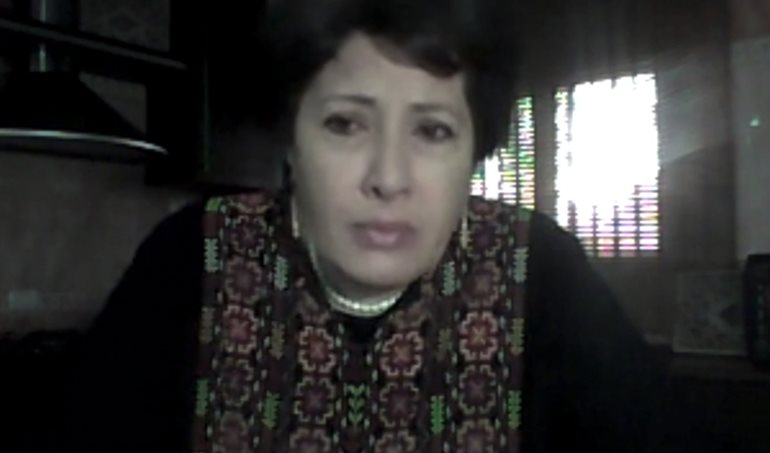
“Stories from the Homeland” features Suma Baroud, her aunt in Gaza, and Ramzy Baroud, her father. In the film, the two talk about the Nakba, relate their experiences growing up in a refugee camp and share their hopes for the future.
“Making this film meant the world to me. It was a very emotional experience,” said Baroud. “Going through photos of my people being exiled hit me harder than I expected. I’ve always heard about the tragedy, but seeing the evidence made me want to learn more and tell our story.”
Without original footage, Baroud used images from the Library of Congress, National Archives — the archive and publisher for the U.K. Government and for England and Wales — and family photos that her aunt sent her.
Because Israeli laws prevent her from going to Palestine and her aunt from leaving the Gaza strip, Baroud could not interview her in person. She turned to Skype, which is the only way she’s ever been able to see any of her extended family.
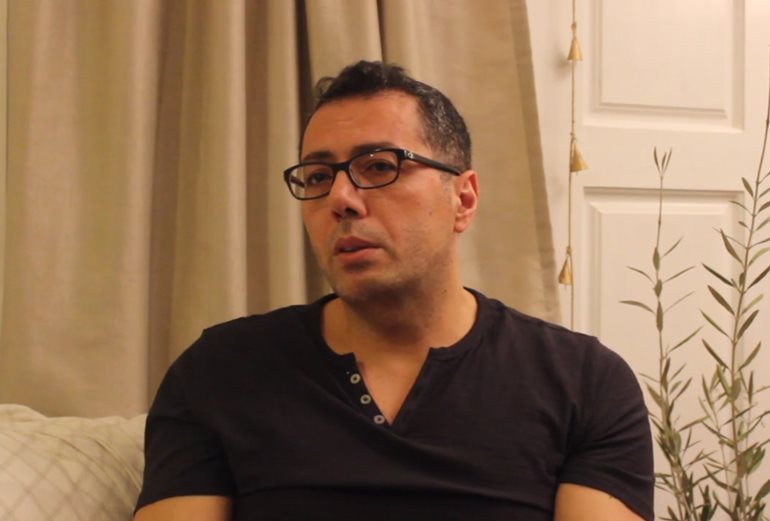
“It was really powerful to hear my aunt share her experiences,” said Baroud. “I wish I could have sat across the table and heard them in person.
“It’s been hard over the years to get to know my family only by video. We don’t often get into deep subjects,” she said. “This process has been very special because I was able to develop a more meaningful relationship with my aunt.”
It was equally powerful to get her father’s perspective. Wanting a different life for himself, he left Gaza as a young man. It was a big risk for many reasons, including the fact it was likely he would never see his family in person again. As it turns out, he hasn’t.
After coming to the United States, Ramzy Baroud worked hard to become a journalist. His work has been published in hundreds of newspapers and journals worldwide, including The Seattle Times, The Washington Post and The International Herald Tribune. He also has been featured in Al Jazeera.
A family perspective
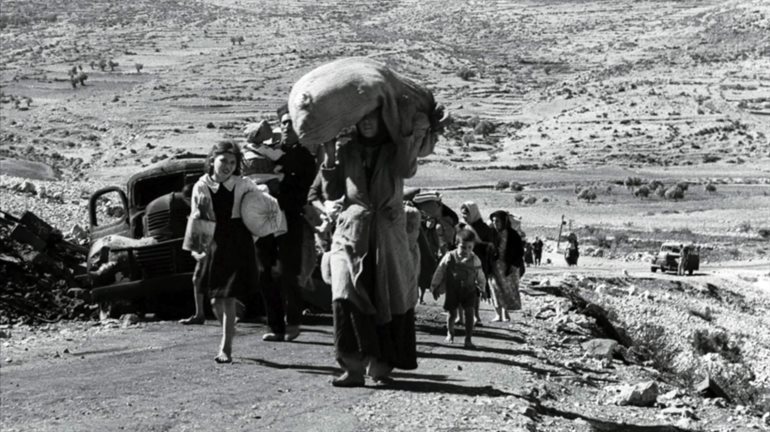
In her documentary, Baroud chose to share the history and impact of the Nakba through the lens of her family’s testimony because she knew it would be easier for people to digest.
“By sharing my aunt’s and father’s personal experiences,” she said, “viewers can get a better understanding of what the Nakba has done to many Palestinian families and communities.
“I noticed many people only know the Israeli narrative,” Baroud said. “This project was a good opportunity to showcase a perspective that is often ignored.”
“Stories of Homeland” has garnered attention from organizations such as the Palestine Chronicle and Common Dreams, a U.S.-based news website that serves the progressive community. The documentary was also featured in social media by the U.S. Campaign for Palestinian Rights, a coalition that advocates for Palestinian rights and a shift in U.S. policy.
Baroud’s project also led to her current job as a digital media assistant for American Muslims for Palestine (AMP), a nonprofit organization that supports coalition building and legislative advocacy about issues related to Palestine, its culture and heritage.
“Last year, I went to Washington, D.C., and helped AMP lobby a couple of bills,” said Baroud. “We worked especially hard on H.R.4391, a bill introduced by Rep. Betty McCollum (MN). Its goal is to ensure that U.S. aid that goes to the Israeli military can’t be allocated to prisons retaining children.”
Baroud also will focus on the proposed legislation in a capstone project for her master’s degree.
The past and future
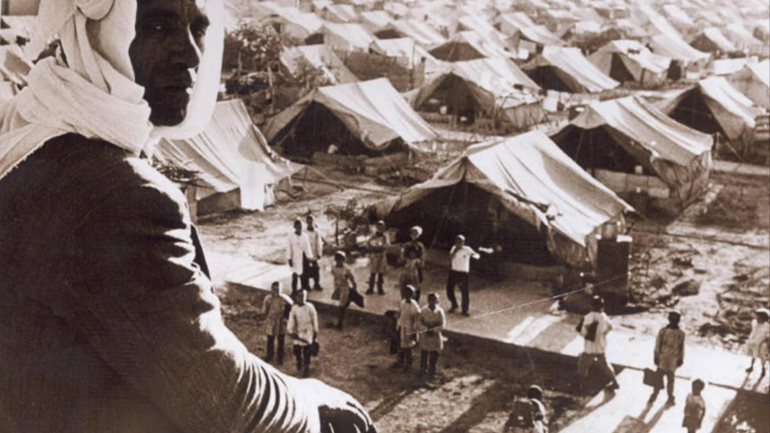
“Being aware and educated about my family’s history is the inspiration for a lot that I do,” Baroud said. “Through this film, I’ve become more empathetic to other nationalities that struggle with a similar past.
“Because I can,” she said, “I am going to fight for liberation for all those around me.”
After receiving her master’s degree, Baroud said she plans to continue working in media for organizations that advocate for human rights.

